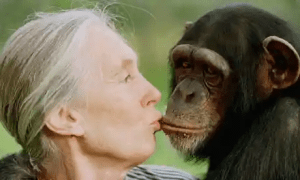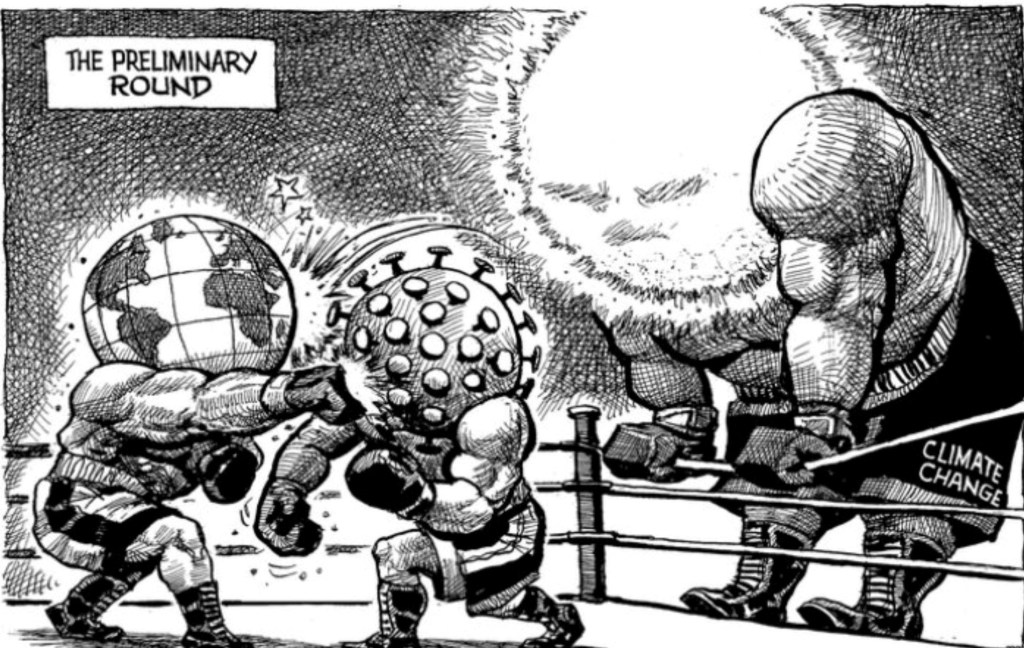
Almost every scientist recognizes this. Having devoted much of your live to perform research on a specific issue, but not being able to get the message outside the academic walls. This holds for the more fundamental sciences, but even more so for research on more complex issues, like climate change, poverty, biodiversity loss, financial-economic crisis, and the current corona pandemic.
Isn’t it funny, that a society that pays lots of money to universities and research centres, that does value teaching and research done at these places highly, but then dismisses the results of these institutes if it is not ‘handy’, and perhaps a little too vague?
Of course, many scientists are to be blamed as well. Being so caught up in their own scientific square centimetre, they are unable to communicate the main message of their research to others. Stimulated by the perverse publication system that only accounts for peer-reviewed publications , people outside academia are only left with scientific papers. Not very useful I would say.
Universities have responded to this through the start of new fields of research, such as sustainability science, focusing on research collaborations among scientists from different disciplines and non-academic stakeholders from business, government, and the civil society. The idea behind this is that we all need to work together in order to address sustainability challenges and develop real solutions.
From a scientific point of view, this is fine. But what about the point of view of moving forward to a more sustainable world? Does this not oblige scientists to take more responsibility, especially at times when many signals in nature and society are red? Or do we (scientists) continue to discuss the rules under which ‘sustainability science’ needs to be operated? Do we continue discussing adjustments to current, not-sustainable systems instead of changing them? Do we continue to discuss the circular economy, but forgetting to discuss the unsustainability of the economic growth paradigm?
Experts should step out of their ivory towers to get involved more actively in the social debate. So it is about time for many more scientists to become scientivists. Scientivists are people that are engaged in scientific research, but also try to promote, impede, or direct societal change (the ‘activist part’). Scientivism can take a wide range of forms, from writing letters to newspapers or politicians, to economic activism, such as boycotts, etc. Scientivists should also take responsibility to transform the often, not-sustainable universities they are part of. It is also good to realize that there are different species of scientivsts

In a first form, the scientivist acts as a public intellectual and his or her scientific work and social involvement are largely separate from each other. Albert Einstein’s commitment to world peace and civil rights provides a good example. None of those things have much to do with physics. However, Einstein felt that he (like any citizen) had a role to play in the moral and social debates of his time. As a well-known scientist, he also easily found his way to the media.

In other cases, scientific research is the direct starting point of activism.Rachel Carson’s fight against DDT provides a good illustration of such science-driven activism. As a biologist with the U.S. Fish and Wildlife Service, Carson had access to data that demonstrated the harmful effects of DDT on animals and humans. She then started an active campaign against the use of DDT with her well-known book Silent Spring.

Jane Goodall is another scientivist in this category. Goodall is best known for her study of chimpanzees. She found that it is not only human beings who have personality, but that chimpanzees are capable of rational thought and emotions as well. She also saw behaviors such as hugs and kisses in the chimpazees she observed. Later on, she became a global leader in the effort to protect chimpanzees and their habitats.

In a third mixture of science and social involvement, the ideals do not arise from scientific work but precede it. A good example here is conservation biology as propagated by Edward Wilson. This field of science assumes that the protection of species is a good thing, and calls on science to organize that protection in an efficient way. This also shows that science is not always neural or objective. Conservation biology is not neutral, but it can provide objective criteria for efficient protection.
Einstein could appeal to a critical sense, great reading, and moral awareness – but none of these are, of course, exclusive qualities of the scientist. By the end of the day, we are all – like Greta – concerned people who see that our current path is not sustainable. We also know – like Greta – that there are good alternative futures and we are willing to fight for it – in any way we can.
I am not Greta – but you do not need to be a Greta to make a difference. Greta has shown that everybody can make a difference. And this movies will show it again.
See also (in Dutch): Een taxonomie van de wetenschapsactivist and The meaning of academia in times of environmental crisis.



